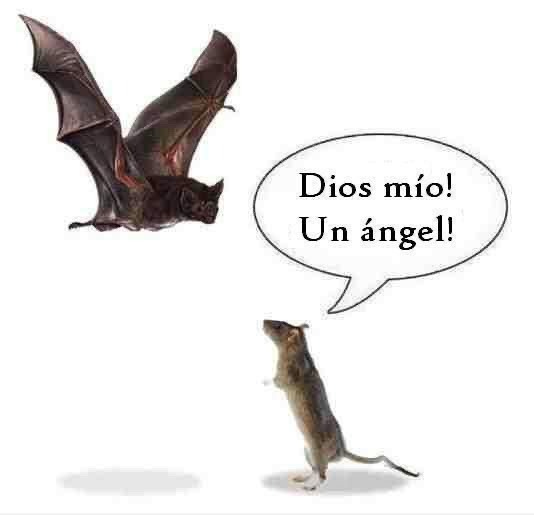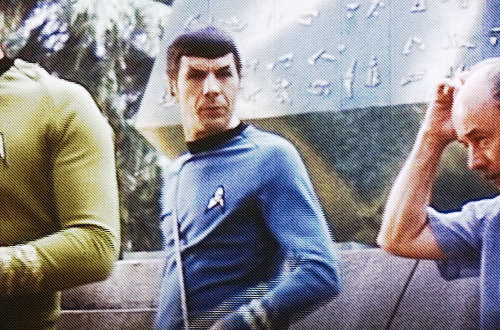Text
If you read french (or fr just run it through machine translation) I cannot recommend this course summary by laval university enough to understand what was going on with the language war during the french revolution and how a lot of that "oh but the people must be unified and understand each other" was really just straight up classism
95 notes
·
View notes
Text

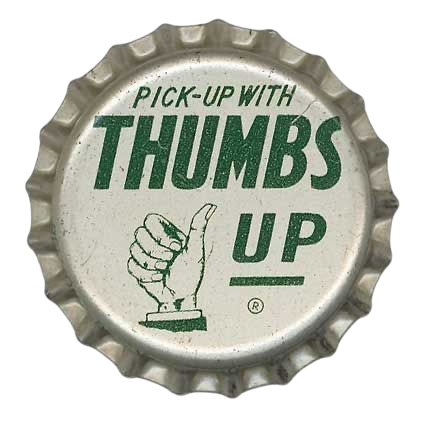


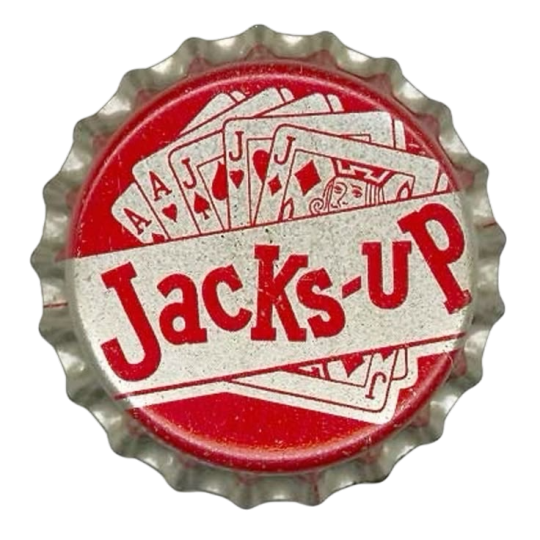

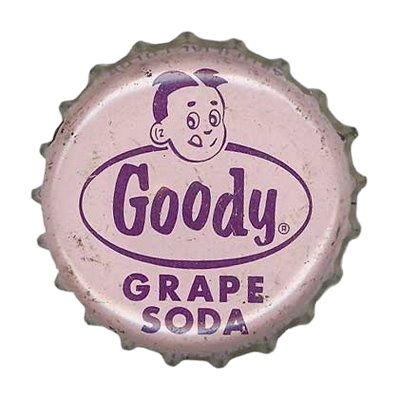

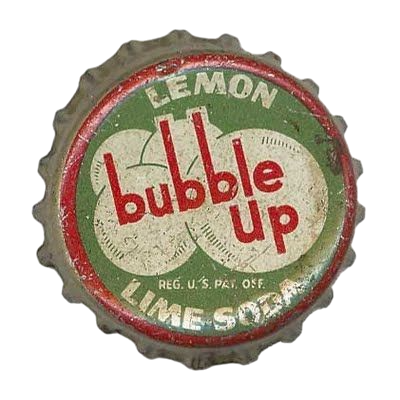







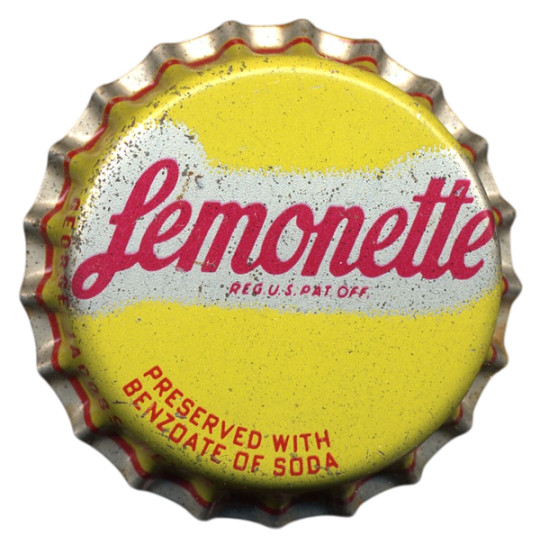
misc vintage bottle cap pngs. like or reblog if you use pls!
2K notes
·
View notes
Text
Written VS Spoken Cantonese
In my journey of learning Cantonese I’ve encountered quite the issue.
While taking notes from Drops, I went into settings to check if it used traditional or simplified characters. I never did get that answer but I encountered something I hadn’t even thought about.
Written VS Spoken
Turns out that at the time, I was studying written Cantonese. So I switched to spoken and while some words didn’t change, most changed drastically. And It got me thinking, why is Cantonese different when it’s written versus when it’s spoken.
Well one video really helped me to understand. It was this video by Cantonese Class 101. The basics is that written Cantonese is based on Standard Chinese writing. This standard writing is similar to Mandarin Chinese but uses traditional characters. This is the writing that all Chinese Languages use in order to be understood. As one site put it, “ So reading a text aloud, you’re reading Chinese and speaking in either Mandarin or Cantonese.” Although many commentators note that Written Cantonese still is very different than written Mandarin as well.
In general though, Written Cantonese is used in news articles, pamphlets, posters, research articles, websites, and so on. Any officially written source uses Written Cantonese. Speaking in person and with others would be the Spoken Cantonese. Another site that really helped was this one, once again by Cantonese Class 101.
It seems that for many people, Written Cantonese is just Written Chinese (Mandarin) with Cantonese readings. Some see it as formal writing, which would be the case in Hong Kong. Others see it as standard writing and that Cantonese is just a dialect. Despite this though, it seems that it’s very important to at least learn both.
Spoken Cantonese is great for communicating with others verbally. If that’s the focus, then don’t worry about writing it. Just learn the characters and the pronunciations and move one. If you would like to look at actual articles and other written media in not only Cantonese but other Chinese languages and media, Written Cantonese/ Chinese will definitely be helpful.
23 notes
·
View notes
Note
NYT’s top 100 books came out, used to stalk you on GoodReads so I’m wondering if you had any thoughts about it?
YES okay so I’m not subscribed to the NYT because I don’t agree with their platforming of transphobia but you’d best believe that I went through the whole list.
The first thing I saw was the (intentionally?) eye-catching headline:

I’ma be real with you, New York Times, this is a pretty bold statement considering that we are not even a quarter through the century in question.

‘Literary luminaries,’ hah. I guess ‘The 100 Best Books of the First 25% of the 21st Century’ just isn’t as catchy of a clickbait headline.
So, yes... obviously I had some issues with the framing of this list. At the end of the article they do acknowledge that they only included books that were in English (translations were acceptable) and published in America (although books originally published elsewhere were acceptable as long as the translation’s publishing house was based in the US):

I think this is a stupid-ass limitation that, quite frankly, disqualifies the entire list, but whatever. It’s a newspaper from New York; I don’t expect the most worldly of perspectives on global literature.
Anyway, regarding the actual selection! Perhaps damningly, I have only read 34/100, and didn’t even like all of those. Also, there are mistakes (Marjane Satrapi’s Persepolis was incorrectly listed as having been originally published in English, for example).
I will be honest, the list felt a lot like it was intentionally curated to give the veneer of diversity. A lot of the books on it are simply not very good, but that’s what you get for not being consistent with how you’re defining ‘best.’ Most popular? Most technical skill displayed? Most memorable? Who knows! The ‘most important [and] influential books of the era’ (or at least the first quarter of it, mind) cannot be determined while you’re still living through said era. That’s just not how anything works.
With that said: let’s do some statistics on these 100 books!
54 books by women; 46 books by men. (This was cool, actually.)
13 translated books; 87 books originally published in English. (This is a particularly egregious statistic, given that the initial claim was that the list would represent all the best books of the century; you cannot do that if nearly 90% of them are from America.)
69 fiction books; 30 nonfiction books; 1 poetry book.
Several authors had multiple works represented on the list (the whole ‘multiple books by a single author’ schtick was particularly annoying, given the constrained demographic of the potential books—not a good look):
Authors with two (2) books each: Alice Munro, Denis Johnson, Edward P. Jones, Hilary Mantel, Philip Roth, Roberto Bolaño, Zadie Smith.
Authors with three (3) books each: Elena Ferrante, George Saunders, Jesmyn Ward.
Regarding genres (this is a clever pun because the French word ‘genre’ refers both to genre and to gender):
17 nonfiction books by women.
13 nonfiction books by men.
36 fiction books by women.
33 fiction books by men.
1 poetry book (by a woman).
In general I really wasn’t too upset at the basic statistical breakdown of the list; it was pretty evenly divided by gender, if not genre. It wasn’t all white men, like many similar lists. The real issue was twofold:
You cannot claim to be providing a representative sample of the ‘best’ books while limiting your countries of origin.
You cannot claim to be providing a list of the best books of the current century when we have not even made it through a quarter of that century.
And frankly, a lot of the books on the list were just plain bad.
—
As a final note: Some criticism of the list mentioned the fact that several of the authors have been credibly accused of various heinous activities (this was shortly after the Alice Munro exposé, for example), to say nothing of the inclusion of, say, Junot Díaz—known misogynist and general creep—on the list of curators (and books). Personally, I have no issue with including works by awful people; the art is not the artist, and terrible people can occasionally create works of quality. However, I do take umbrage with the employment of shitty people in the curation process. The NYT didn’t disclose whether or not they paid these ‘literary luminaries,’ but that doesn’t really matter. When you’re talking about the art itself, it is not always necessary to mention the artist’s real or perceived faults; however, when you’re directly utilising the artist’s perspective and opinions for your own product, I think it is. So yeah, generally a very disappointing situation all around.
19 notes
·
View notes
Text
has def already been shared here but further to previous posts on the subject here is a post with a bunch of resources for learning irish!
338 notes
·
View notes

































